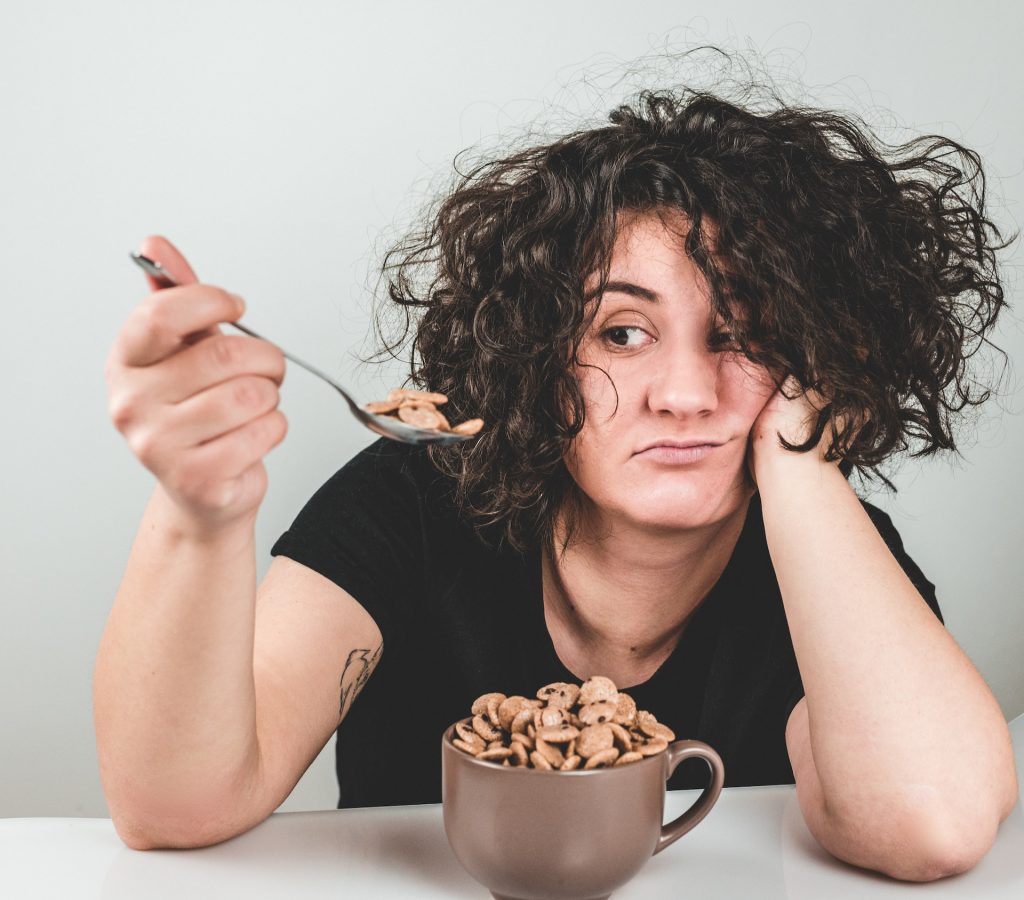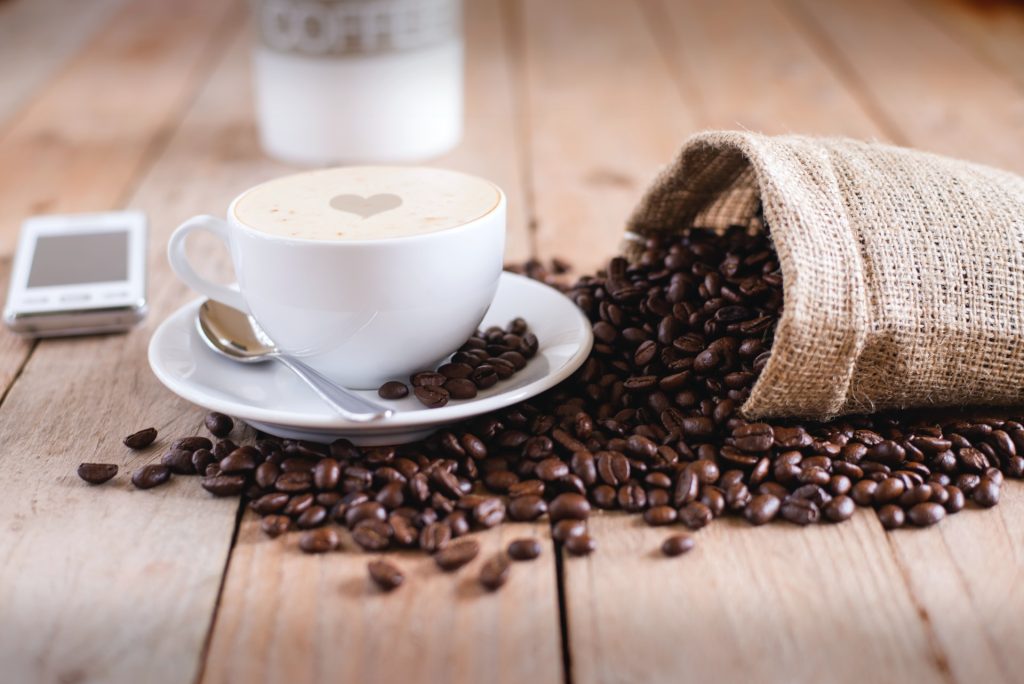Have you ever wondered how the food you consume affects your sleep patterns? The relationship between our dietary choices and the quality of our sleep is a fascinating journey through the world of nutrition and rest.
In this eye-opening post, we’ll unravel the mysteries of caffeine’s impact on sleep, understand why some foods make us drowsy, and delve into the science behind the sleep-food connection.

Caffeine’s Sneaky Sleep Saboteur
Caffeine, the beloved companion of early mornings and late nights, can wreak havoc on your sleep. It works by blocking adenosine, a neurotransmitter that promotes sleepiness. So that cup of coffee in the afternoon may linger in your system, making it difficult to fall asleep at night.
Caffeine’s Prolonged Stay
The half-life of caffeine—the time it takes for half of it to be eliminated from your body—varies from person to person but averages about 3 to 5 hours. However, it can be extended if you have a slow metabolism or consume caffeine later in the day, further disrupting your sleep.
The Post-Meal Slumber
Ever felt the urge to take a nap after a hearty meal? It’s not just a food coma; there’s science behind it. After eating, your body redirects blood flow to the digestive system, causing a temporary drop in energy levels. This is particularly common after consuming carbohydrate-rich meals.
Tryptophan: The Sleepy Amino Acid
You’ve likely heard the myth about turkey causing drowsiness due to its tryptophan content. While it’s true that tryptophan is a precursor to the sleep-inducing neurotransmitter serotonin, it’s the overall meal composition and not just the turkey that contributes to post-Thanksgiving sleepiness.

The Impact of Sugars and Refined Carbs
Diets high in sugars and refined carbohydrates can lead to unstable blood sugar levels, causing wakefulness during the night. These foods may also reduce the duration of deep, restorative sleep.
Nourishing Your Way to Better Sleep
Certain foods can support good sleep. Foods rich in magnesium (like nuts and leafy greens) and those containing melatonin (like cherries) can help regulate sleep patterns and improve sleep quality.
Timing Your Meals for Sleep
Eating large, heavy meals too close to bedtime can lead to discomfort and disrupted sleep. Experts recommend finishing your last meal at least 2-3 hours before hitting the hay.

The intricate relationship between food and sleep is a testament to the interconnectedness of our bodies. While caffeine and certain foods can disrupt our sleep patterns, others can promote restful slumber. By understanding this delicate balance and making informed dietary choices, you can optimize your diet to support better sleep and enjoy the benefits of a well-rested body and mind.
So, as you savor your next cup of coffee or indulge in a delicious meal, remember that every bite and sip can influence your journey to the land of sweet dreams.





